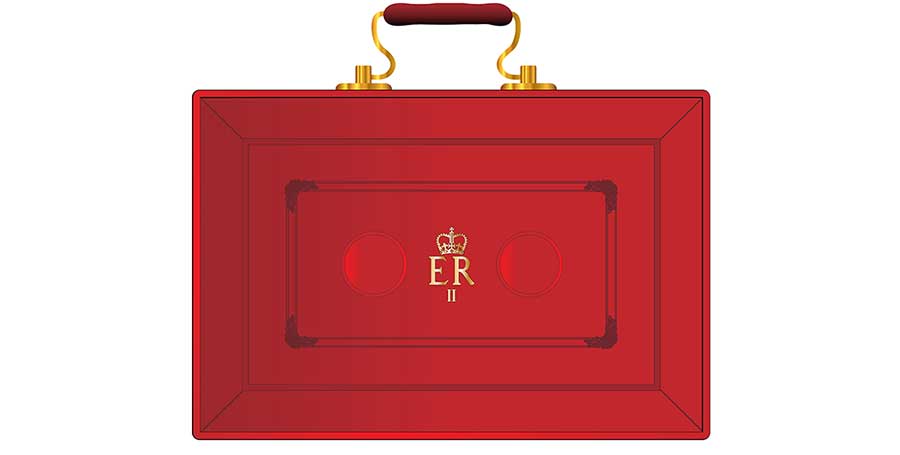It is fair to say that innovative business was not dominating the Chancellor's thinking when delivering his 2024 Spring Budget.
Having announced a raft of major changes in recent years, there was little in the way of meaty statements on any technology tax incentives such as R&D Tax Relief for us to sink our teeth into this time around.

That said, look a little closer and there were still some announcements that are worth further consideration.
Most significantly was the financial boost the Government is providing to reaffirm the UK's status as a hub for R&D. Innovative sectors including the life sciences, automotive and aerospace will benefit from a £360m package, with a further £45m set aside to encourage medical research into diseases.
The UK's emerging AI industry will alone be the beneficiary of £100m from the Treasury's coffers.
Elsewhere, further details have now been published concerning the Investment Zones first announced in last year's Budget. The Tees Valley investment Zone is expected to leverage £175m in private investment and support over 2,000 jobs in the digital and creative sectors over the next decade.
More information on the shape of the packages for the Welsh and Scottish Investment Zones are to be made public later in the year, but, at the very least, will, for both regions, be extended from five to 10 years.
Those were the main highlights for innovative businesses, but given the industry is still grappling with last year's bombshell regarding the merging of the SME and Large Company R&D Tax schemes, less news this time round is perhaps good news.
In summary, for accounting periods beginning on or after 1 April 2024, the Merged R&D tax scheme will be in effect. This reduces the amount of R&D tax relief available to SMEs from 18.6% to 15% or 16.2% depending on their tax position. There are also significant changes to subcontracting expenditure, subsidised expenditure, PAYE/NIC cap as well as restrictions to overseas expenditure.
For SMEs that are loss-making and are carrying out high-levels of R&D, there is the Enhanced R&D Intensive Scheme (ERIS). For accounting periods beginning on or after 1 April 2024, the threshold to qualify has been reduced from 40% to 30% of expenditure on eligible R&D. The year of grace also comes into effect, which will allow companies to continue to claim even if they fall below the threshold for one year. The amount that companies can get back is £2700 for every £10,000 spent on eligible R&D.
Innovative companies need for expert advice to wade through the added complexity of the R&D Tax Relief schemes has never been greater.
For a free initial consultation with a member of our team, please get in touch or to speak to one of our team
David and Alexis are the founding Directors of MMP Tax
Like what you're reading? Subscribe to our newsletters
(No Spam! Only what we think is important & interesting)